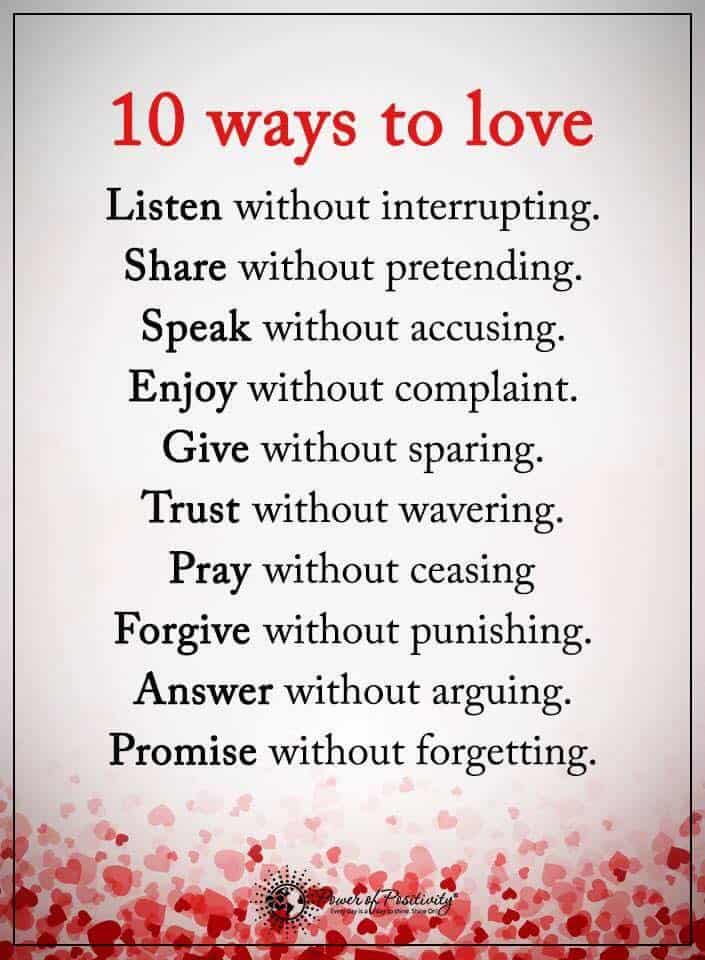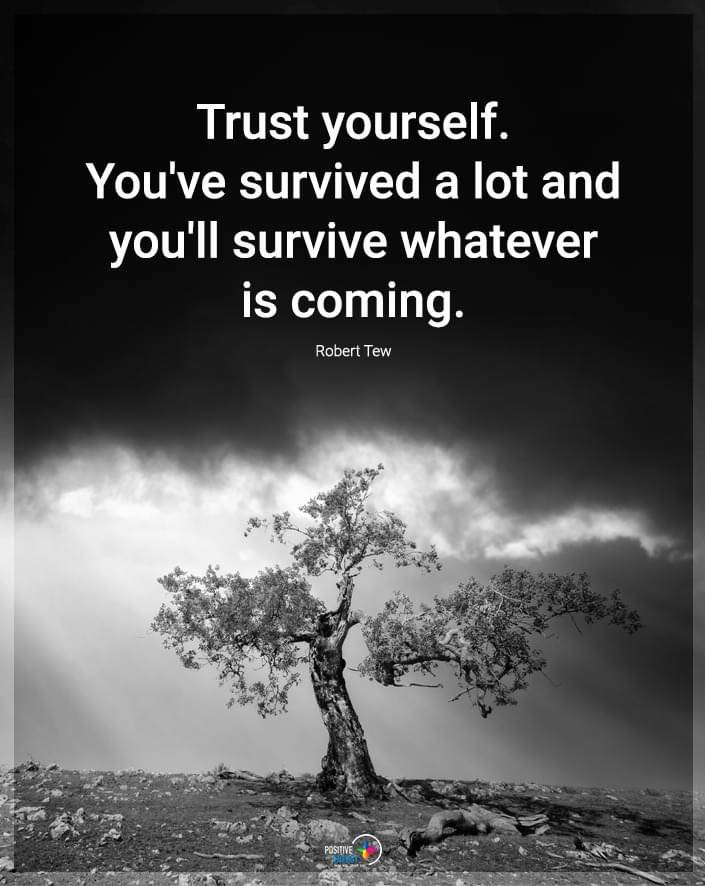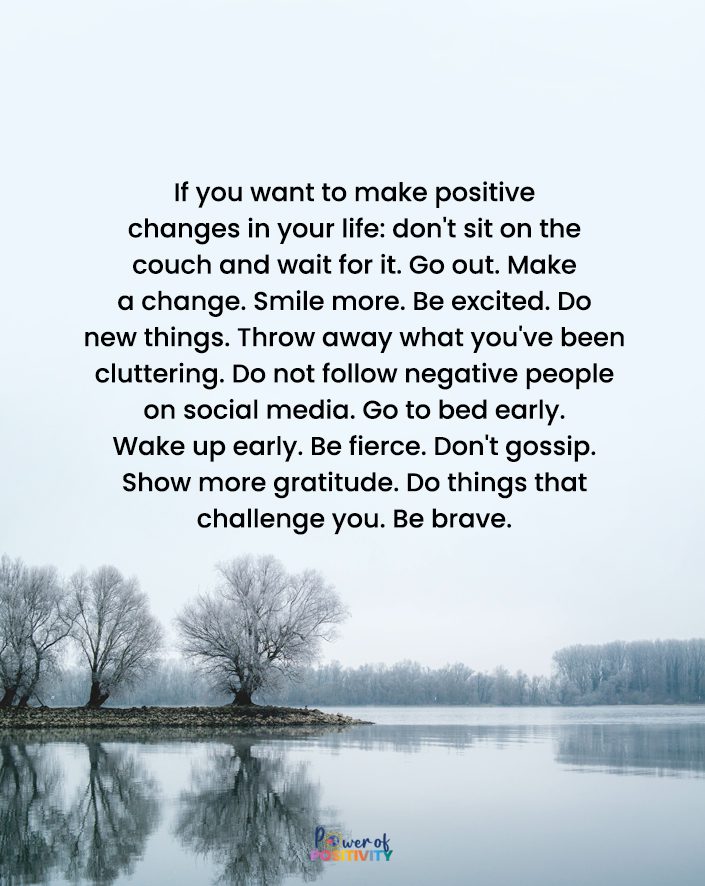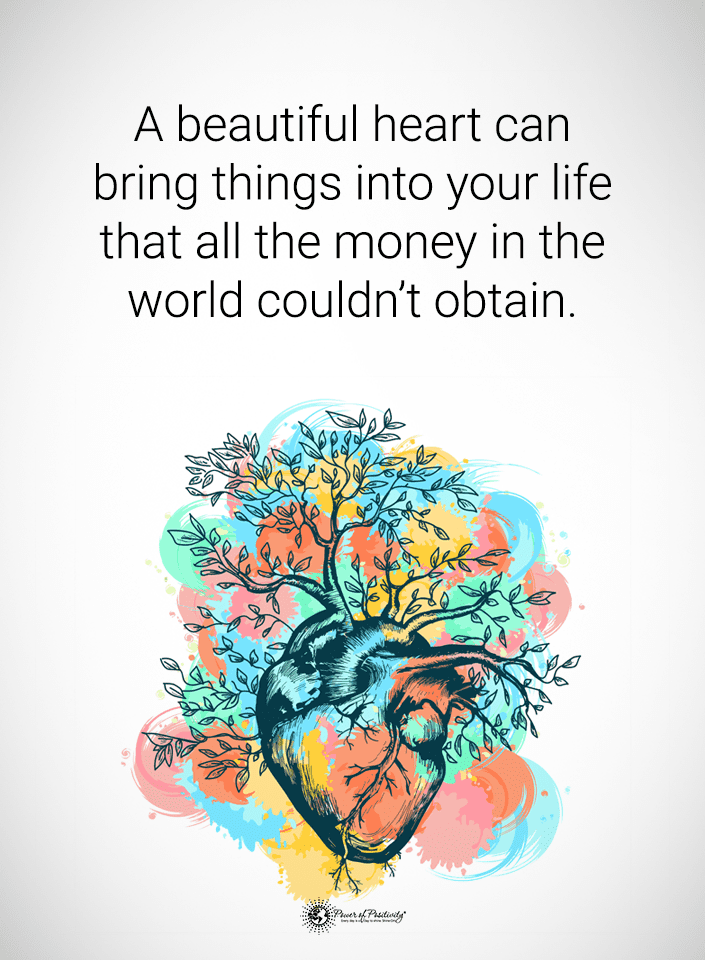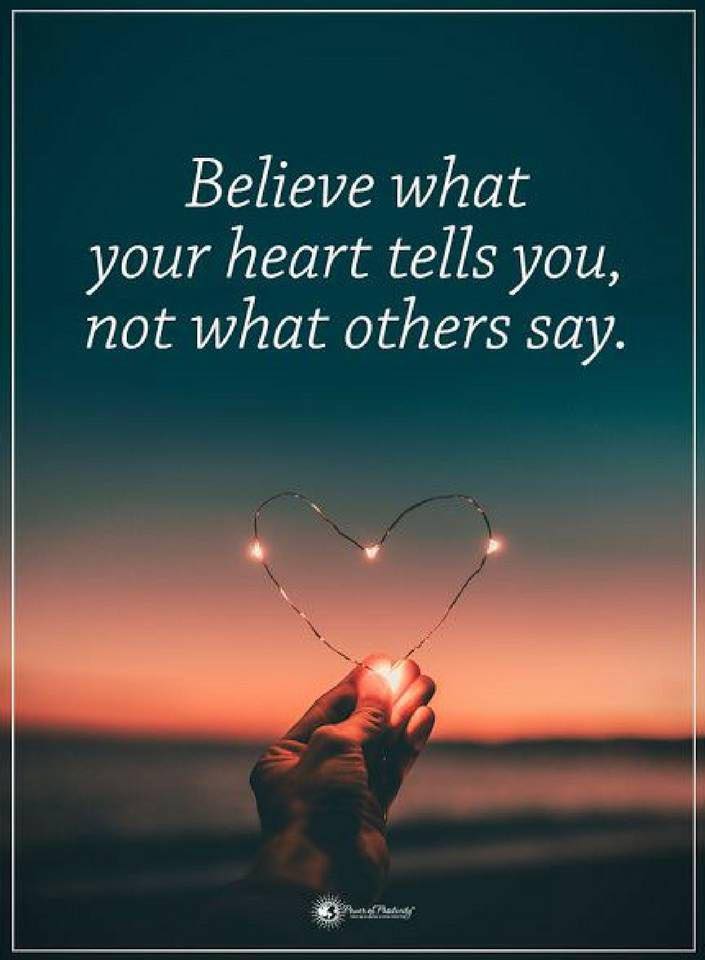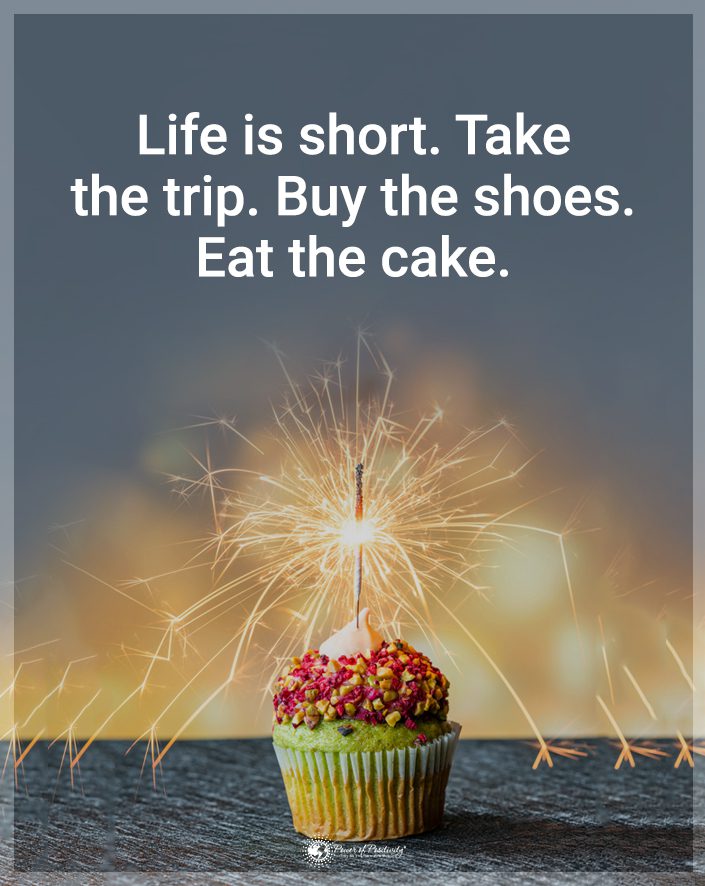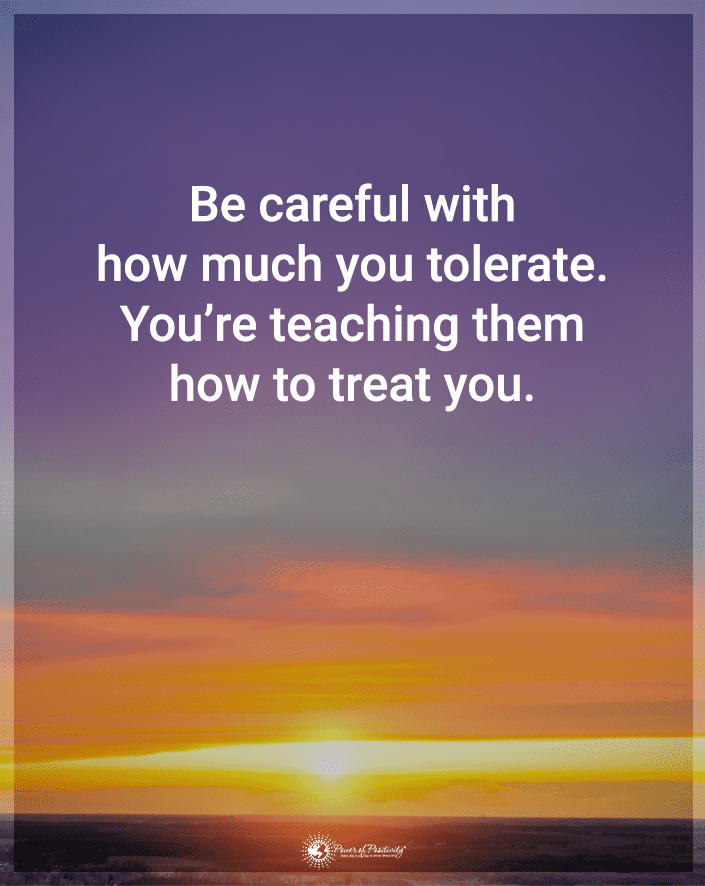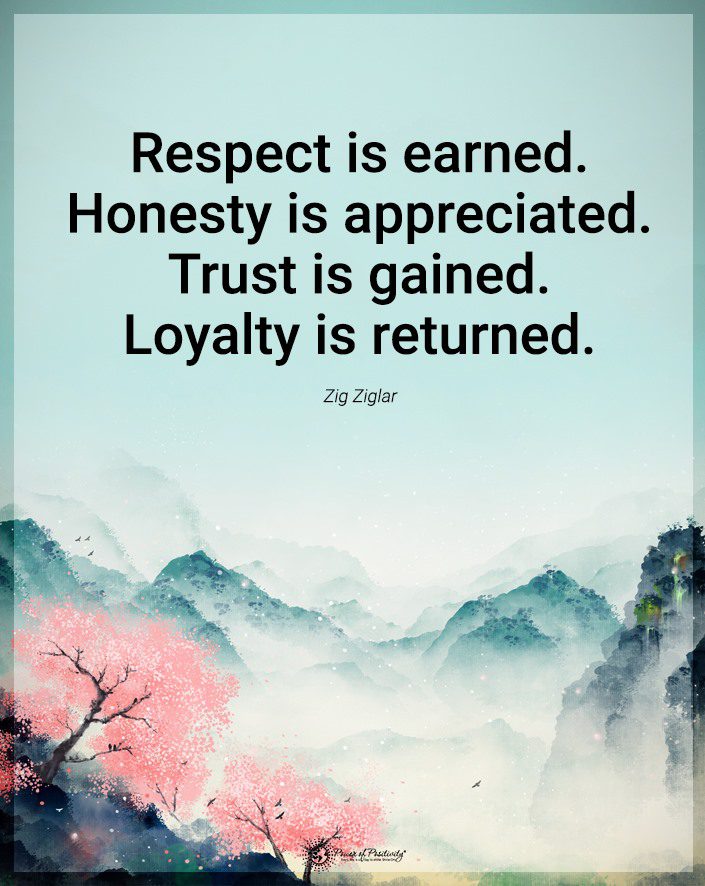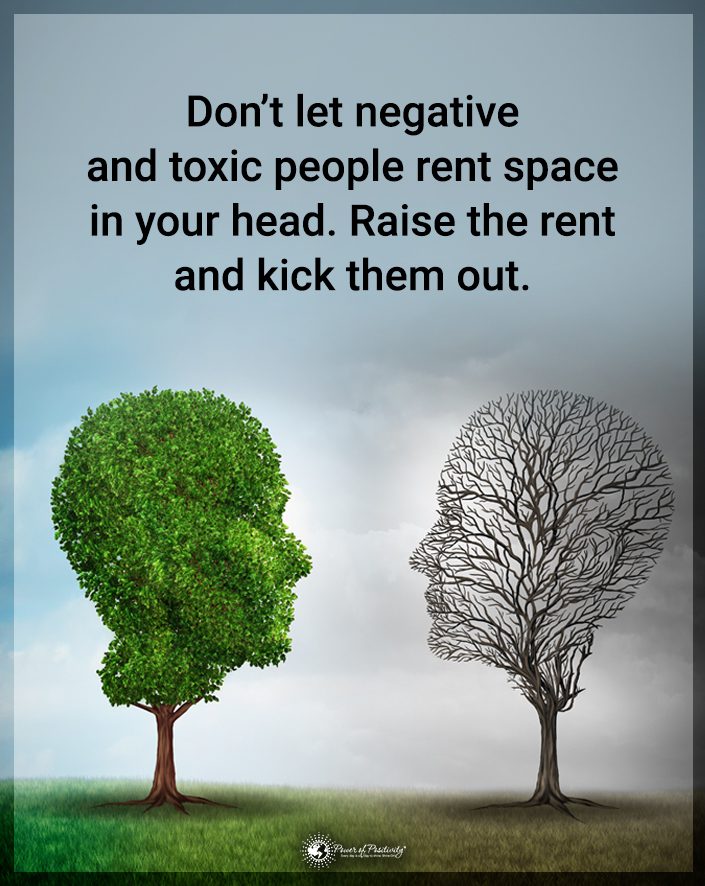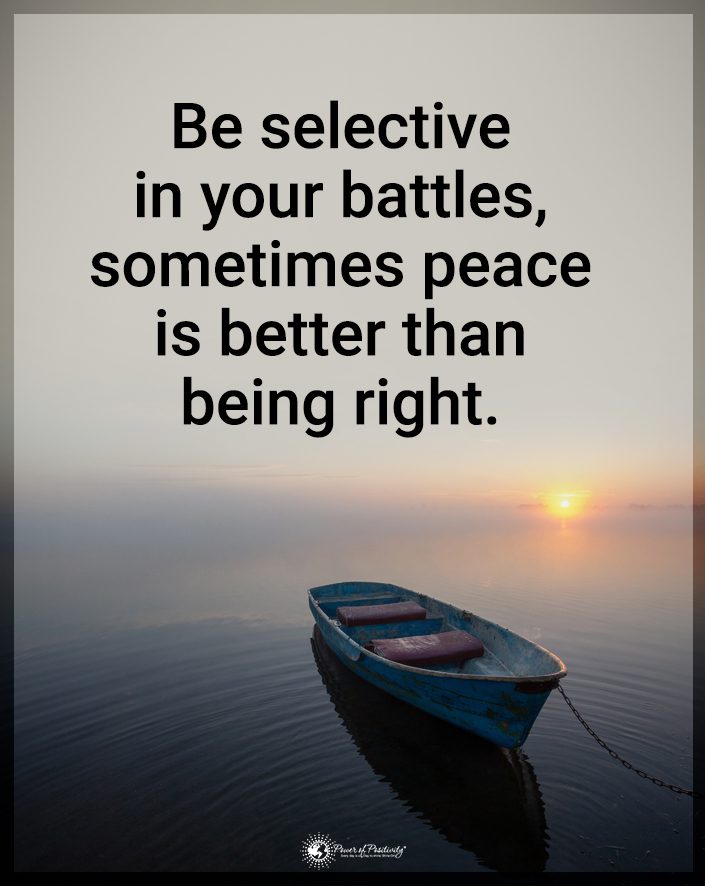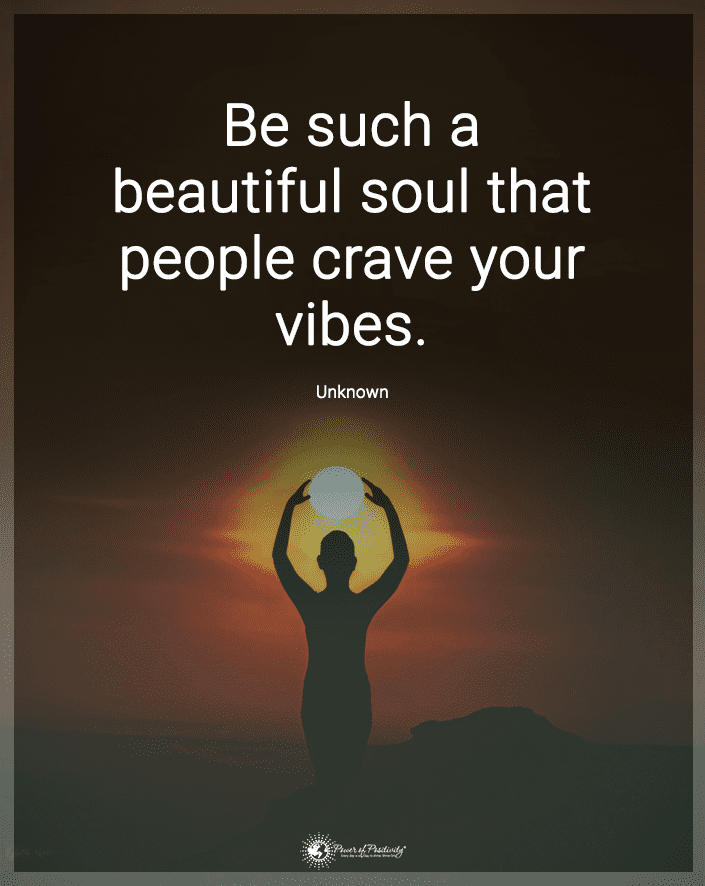Have you finally met your soul mate?
Finding true love is a unique and deeply fulfilling journey. But how do you know when you’ve found it? True love isn’t just a fleeting moment but a deep, lasting connection. Your soul mate. It’s a feeling some describe as butterflies and excitement. But others say it feels like the slow and comforting warmth of a campfire on a cool evening. However you describe it – it’s worth waiting for the real thing.
This article briefly describes forty signs that indicate you have, indeed, found your true love.
40 Signs You Have Found Your One True Love

1 – Effortless Communication
True love brings about a flow of communication that feels almost effortless. You can talk for hours without running out of things to say, and even more importantly, you feel heard and understood. This ease of communication builds a strong foundation for the relationship.
2 – Consistent Empathy
In a true love relationship, empathy flows naturally. Your soul mate doesn’t just sympathize with you. Instead, that person can put themselves in your shoes, understand your feelings, and offer support that resonates with your emotional state.
3 – Unwavering Support
A hallmark of true love is unwavering support. Whether you’re chasing your dreams, facing life’s challenges, or need a shoulder to lean on, true love is always there, offering strength and encouragement without hesitation or judgment.
4 – Encouraging Personal Growth
True love isn’t about keeping you stagnant. It’s about growth. This steadfast connection inspires you to become the best version of yourself, not through demands or coercion but through support and inspiration.
5 – Inspiring Ambition
Alongside personal growth, your soul mate will become a catalyst for your ambitions. It’s a love that sees your potential and encourages you to reach new heights, celebrating your achievements and urging you forward in your goals.
6 – Unshakable Trust
Trust is the bedrock of the soul mate connection. It means you can rely on each other, share your deepest fears and secrets, and know they will be kept safe. Trust in true love is solid, enduring through trials and time.
7 – Mutual Respect
Mutual respect is paramount in a true love relationship. That means respecting each other’s opinions, values, and boundaries. It’s about honoring each other as individuals and as partners.
8 – Accepting Flaws
No one is perfect, and your one and only soul mate knows this. It’s about accepting each other’s flaws and imperfections, not with resignation but with warmth and understanding. This acceptance strengthens the bond you share with your soul mate.
9 – Enjoying Common Interests
While opposites can attract, sharing common interests or hobbies with your true love adds a joyful layer to your relationship. It’s about enjoying time together, exploring shared passions, and creating memories.
10 – Being Your True Self
True love allows you to be yourself—unabashedly and unapologetically. You can be silly, serious, quirky, or quiet; you’re loved for all you are.
11 – Feeling at Home
There’s a comfort and ease with true love that feels like coming home. It’s a sense of belonging and peace, knowing you’re exactly where you’re meant to be.
12 – Sense of Belonging
Along with feeling at home, true love imbues a sense of belonging. This warm feeling goes beyond fitting into each other’s lives; it’s about knowing you’re a vital part of each other’s world.
13 – Shared Laughter and Joy
Laughter and joy are vital in true love. It’s about sharing moments of unbridled happiness, finding humor in the every day, and enjoying each other’s company genuinely and freely.
14 – Deep Emotional Happiness
True love isn’t just about the happy moments but the deep, underlying sense of joy and contentment. This happiness comes from knowing you’re loved, valued, and part of a special bond by your soul mate.
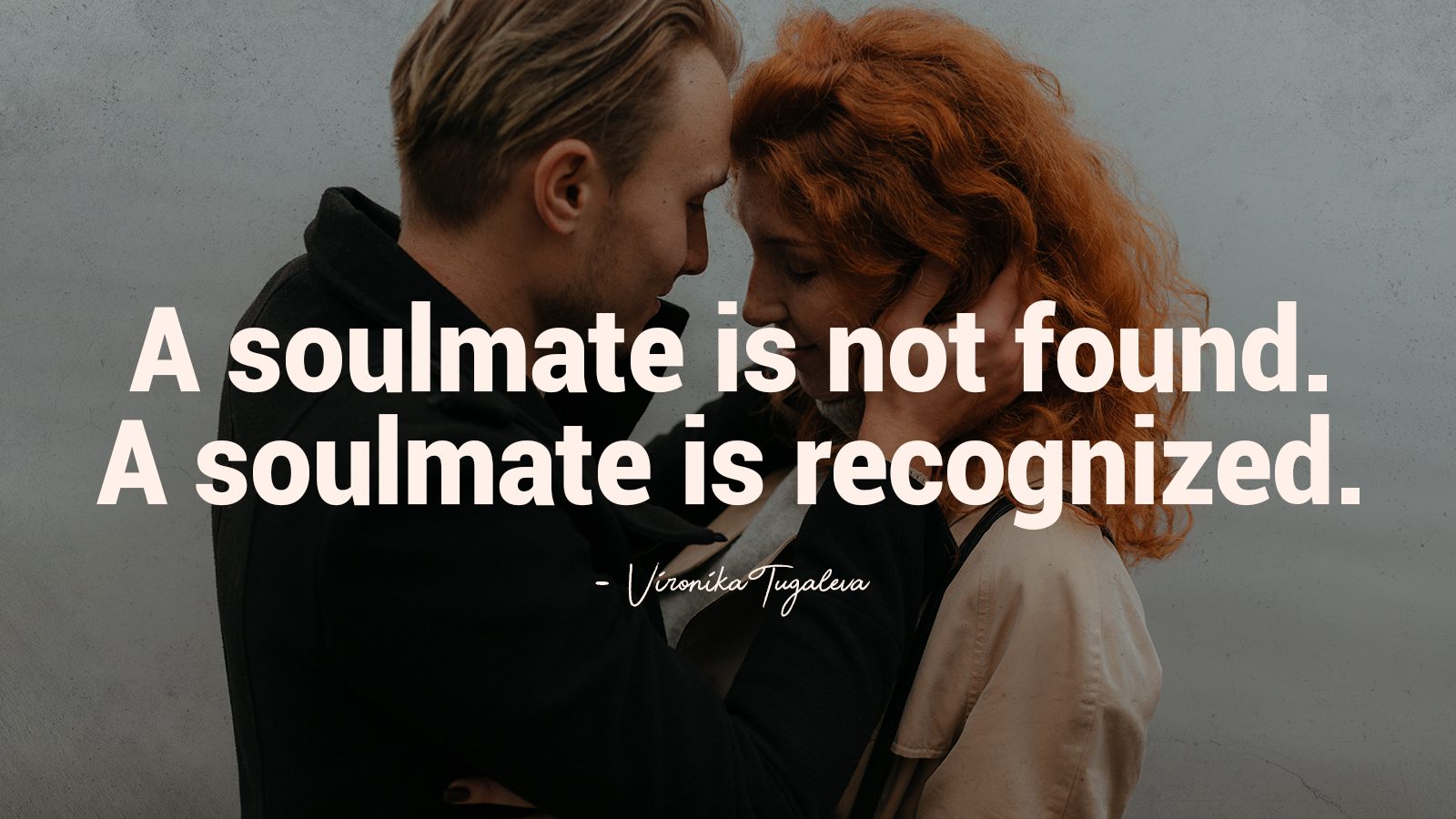
15 – Continuous Appreciation
In true love, appreciation is a constant. It’s about noticing and valuing each other’s contributions, big or small, and expressing gratitude for being in each other’s lives.
16 – Healthy Conflict Resolution
Conflict is a natural part of any romantic relationship. But strong couples can resolve it healthily through true love. Solving these problems means communicating openly, understanding each other’s perspectives, and working towards a solution that respects both parties.
17 – Facing Challenges Together
Life isn’t always smooth sailing, but with true love, you face challenges together. It’s about being a team, tackling obstacles, and becoming stronger.
18 – Patience and Understanding
True love is patience. It understands everyone has bad days, weaknesses, and things they’re working on. This love gives space and time for growth and healing.
19 – Physical and Emotional Intimacy
Intimacy in true love encompasses both physical and emotional aspects. It’s a closeness beyond the physical – a deep emotional connection that enhances physical intimacy.
20 – Deep Connection Beyond Words
Sometimes, true love is felt in the silence, a look, and a touch. It’s an understanding and connection that goes beyond words, a language all its own.
21 – Consistent Effort and Dedication
True love requires effort and dedication. It’s about working on the relationship, consistently choosing each other, and being committed to making it work through ups and downs.
22 – Feeling Deeply Understood
It’s a sign of true connection when someone understands not just your words but also your silence, pauses, and unexpressed thoughts. With a soul mate, you feel acknowledged and comprehended at a deep level, where even the unspoken parts of you are known.
23 – Admiration for Each Other
True love is filled with genuine admiration. You love and admire each other’s traits, achievements, and approach to life. This admiration fuels a deeper love and respect.
24 – Shared Sense of Humor
A shared sense of humor strengthens your bond. Laughter and joy are integral parts of a healthy relationship, and finding humor in the same things can deepen your connection.
25 – Navigating Differences with Ease
In true love, differences don’t become deal-breakers. Instead, you learn to navigate through them with understanding and compromise, seeing these differences as opportunities for growth and learning.
26 – Feeling Secure and Safe
True love provides a sense of security and safety, emotionally and sometimes physically. You feel safe expressing your thoughts and innermost feelings, knowing you’ll be met with understanding, not judgment.
27 – Shared Vision of the Future
You often share a similar vision for the future when in true love. This shared vision fosters a deep partnership and companionship as you plan and navigate your lives together.
28 – Willingness to Make Sacrifices
True love is selfless. It’s about sacrificing your partner’s happiness and well-being, knowing they will do the same for you.
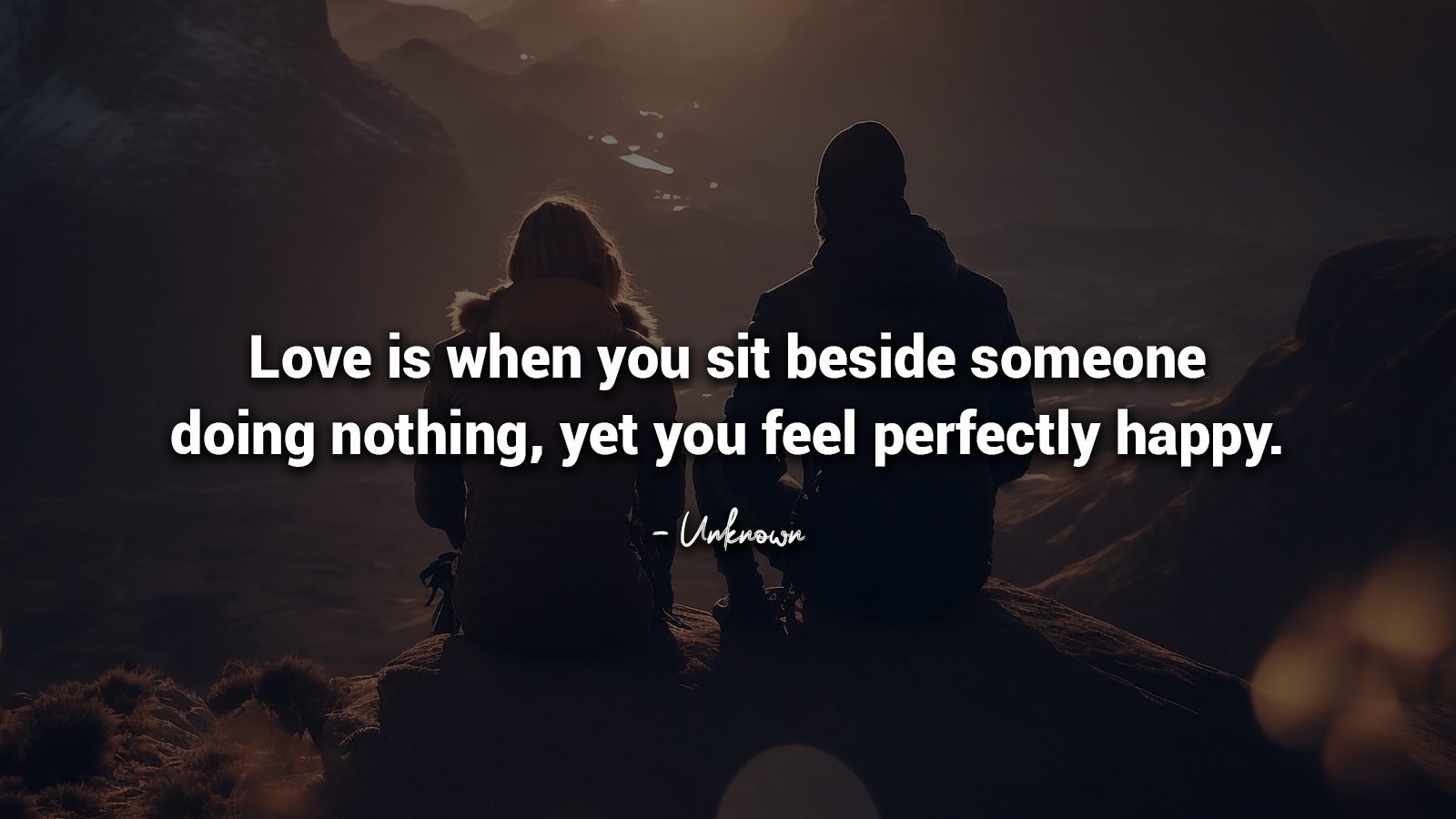
29 – Intuitive Understanding of Each Other’s Needs
In true love, there’s an intuitive understanding of each other’s needs. Often, you can sense what your partner needs, be it space, a listening ear, or a hug, and provide it without them having to ask.
30 – Growing Together Through Life’s Phases
As life changes, so do people. True love adapts and grows through different life phases, whether career changes, parenthood, or aging. You evolve together, embracing each new chapter as a team.
31 – Reciprocal Motivation
In true love, you motivate each other. Whether it’s pursuing personal goals, tackling health and fitness, or professional ambitions, you serve as each other’s cheerleaders, motivating and supporting each other’s endeavors.
32 – Ability to Apologize and Forgive
A significant aspect of true love is the ability to apologize when wrong and to forgive when hurt. This cycle of understanding, apologizing, and forgiving is key to a lasting, loving relationship.
33- Enduring Patience
True love is marked by enduring patience. It understands that sometimes things take time, whether personal growth, achieving goals, or working through issues.
34- Shared Responsibility in the Relationship
In true love, responsibilities are shared. It’s about working together in every aspect of life, whether household chores, finances, or decision-making, ensuring a balanced and equitable partnership.
35 – Comfort in Silence
Comfort in silence is a sign of a soul mate connection. You don’t always need words to feel connected; being in each other’s presence is enough, offering a peaceful, comforting silence.
36 – Flexibility and Adaptability
True love is flexible and adaptable. It means being open to changes, whether in plans, perspectives, or dreams and adapting together as life unfolds.
37 – Recognition of Each Other’s Value
In true love, there is a deep recognition of each other’s value and worth. This recognition of your soul mate goes beyond mere appreciation; it’s a profound understanding of your unique role in the relationship.
38 – Balancing Each Other Out
True love often involves a balance of qualities, where each partner’s strengths and weaknesses complement each other, creating a harmonious balance in the relationship.
39 – Active Listening
Active listening is crucial in when you find your soul mate. It’s about truly hearing your partner, not just waiting for your turn to speak. This level of attentiveness strengthens communication and understanding.
40 – Constantly Learning About Each Other
Meeting your soul mate takes you on a journey of continuous discovery. No matter how long you’ve been together, there’s always something new to learn about each other, keeping the relationship fresh and exciting.
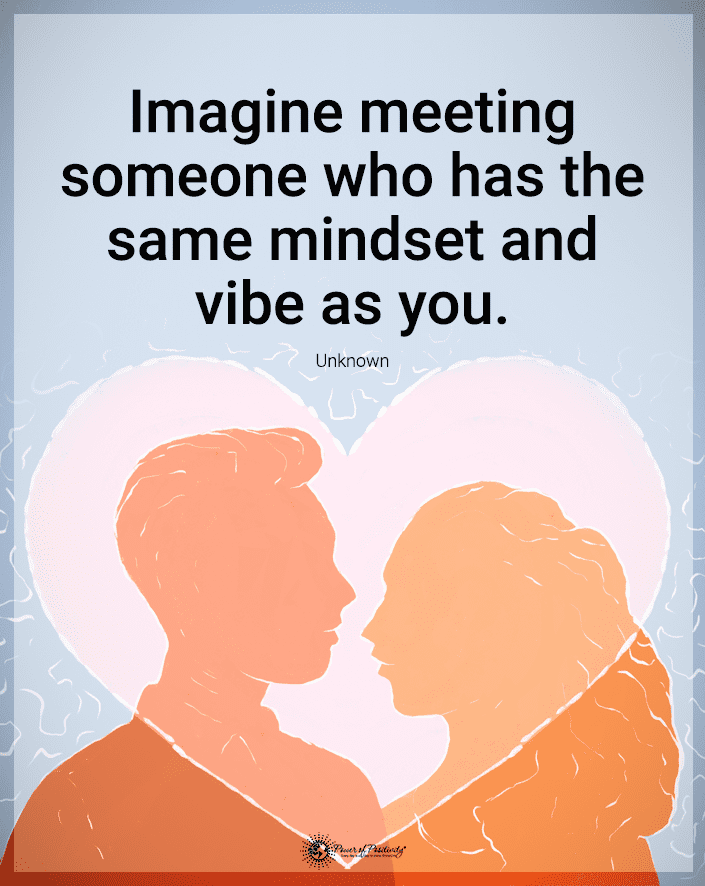
Final Thoughts on Knowing When You Have Found True Love
These signs indicate that you might have found your soul mate. Remember, true love is as unique as the individuals experiencing it. It’s more than a feeling – it teaches us valuable lessons about the human experience. Reflect on these signs in the context of your relationship and cherish the journey of love and self-discovery. Love is not just about finding the right person but also about being the right partner. Keep your heart open, nurture your relationship, and let love unfold in its beautiful way.

